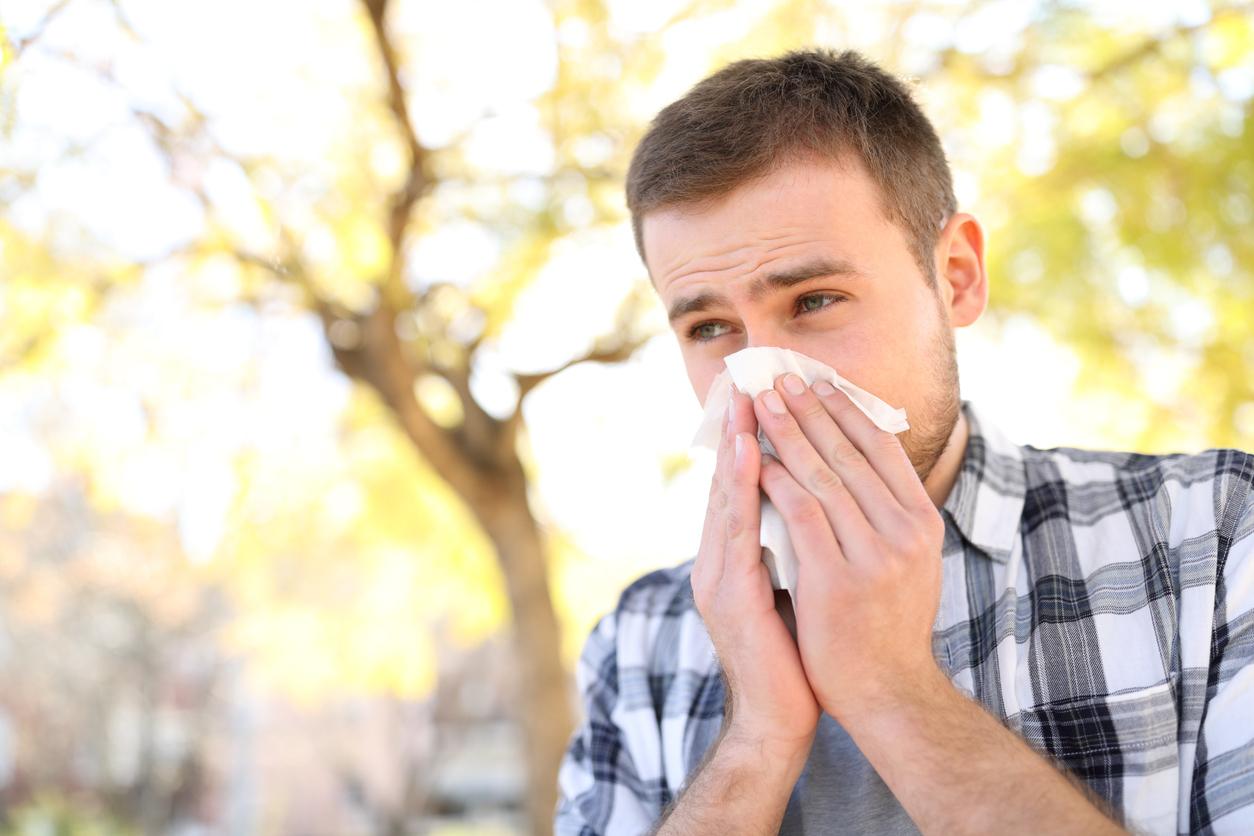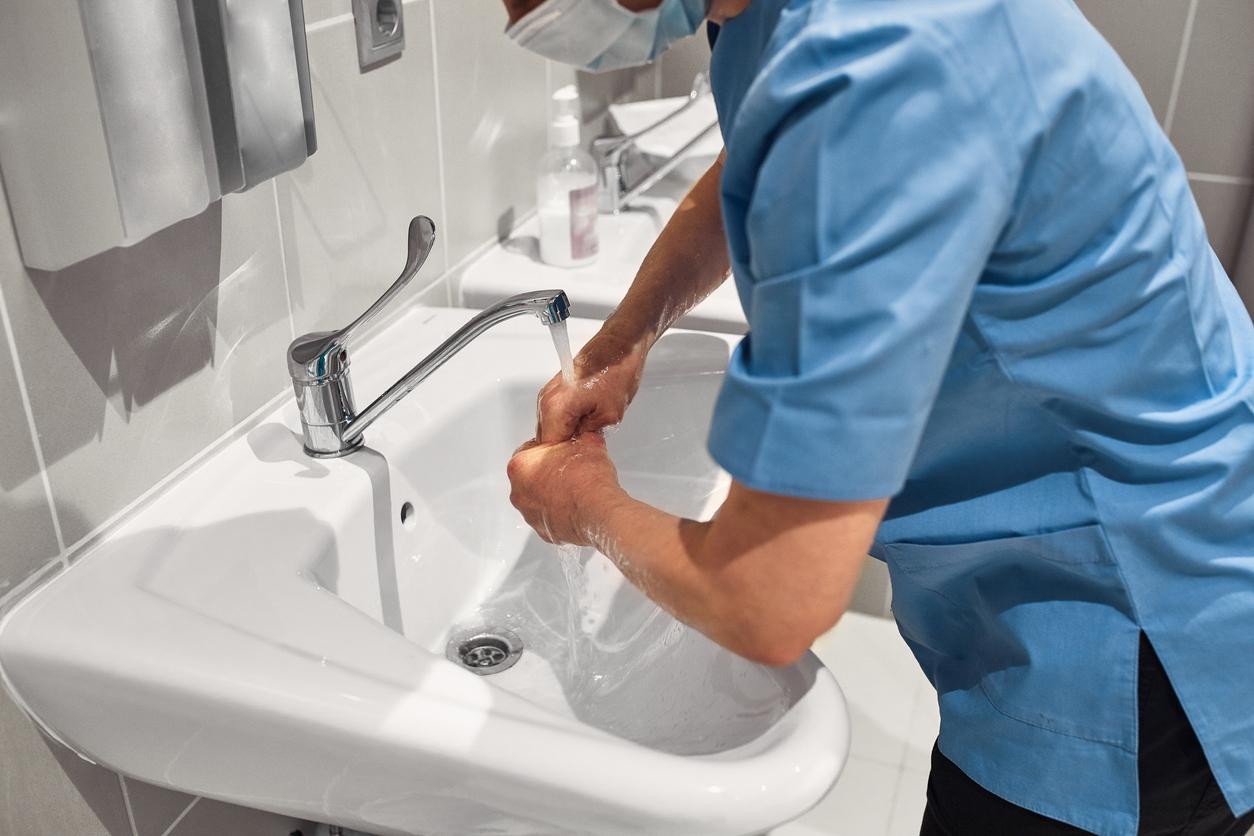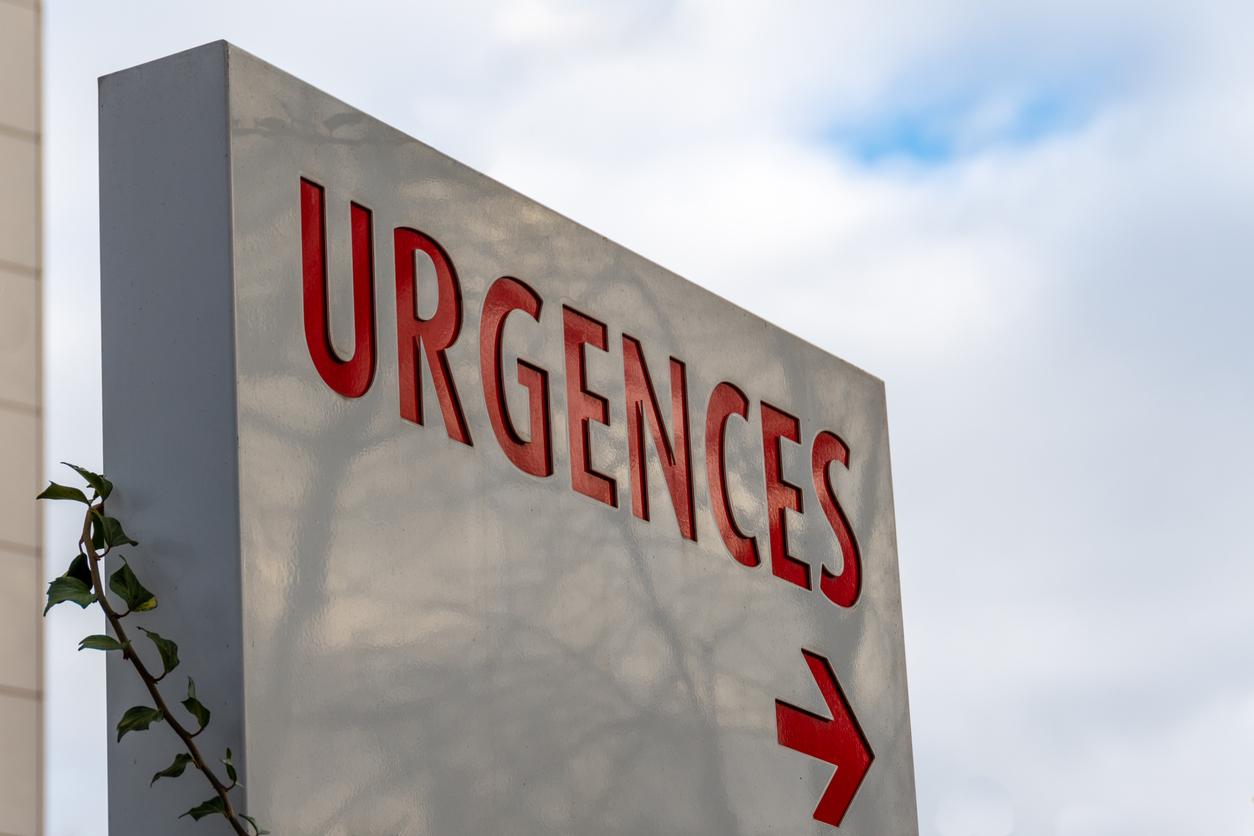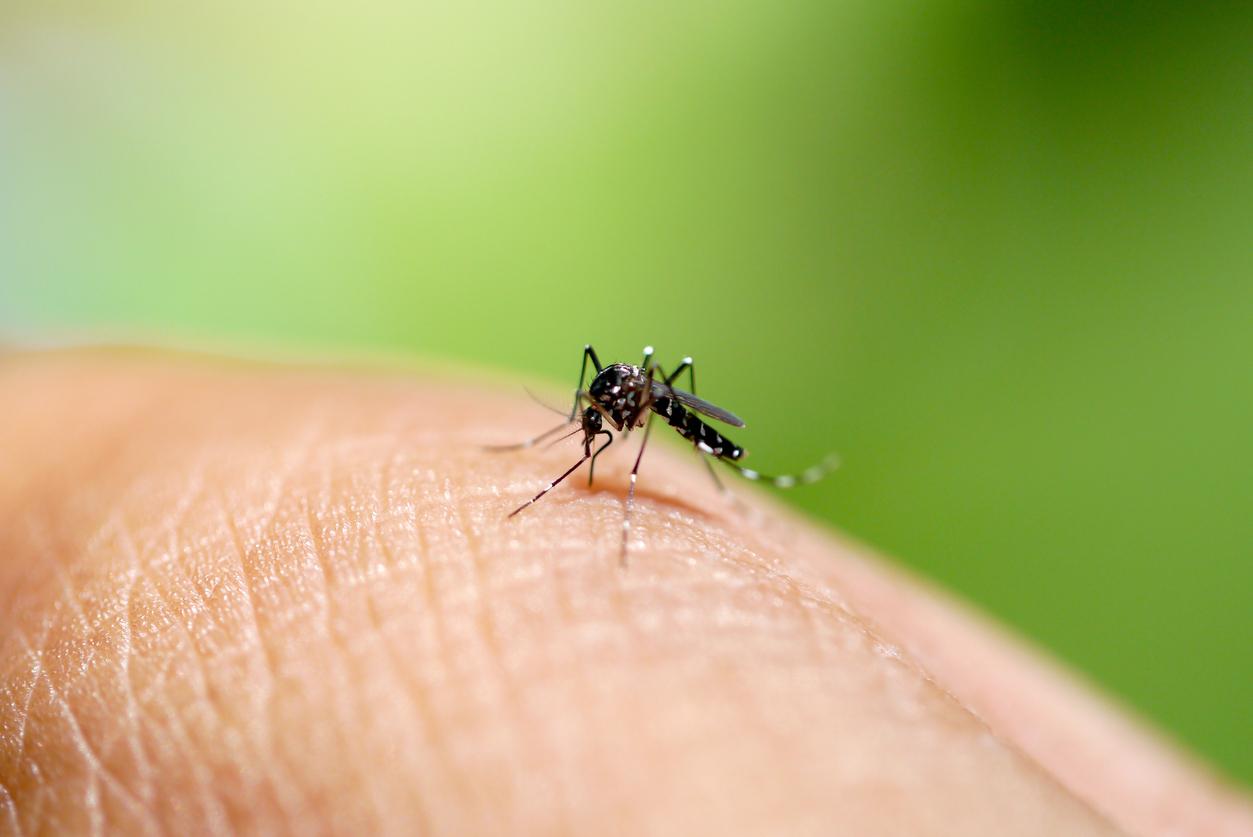On Instagram, Yannick Noah revealed that he had been hospitalized due to a new attack of malaria.
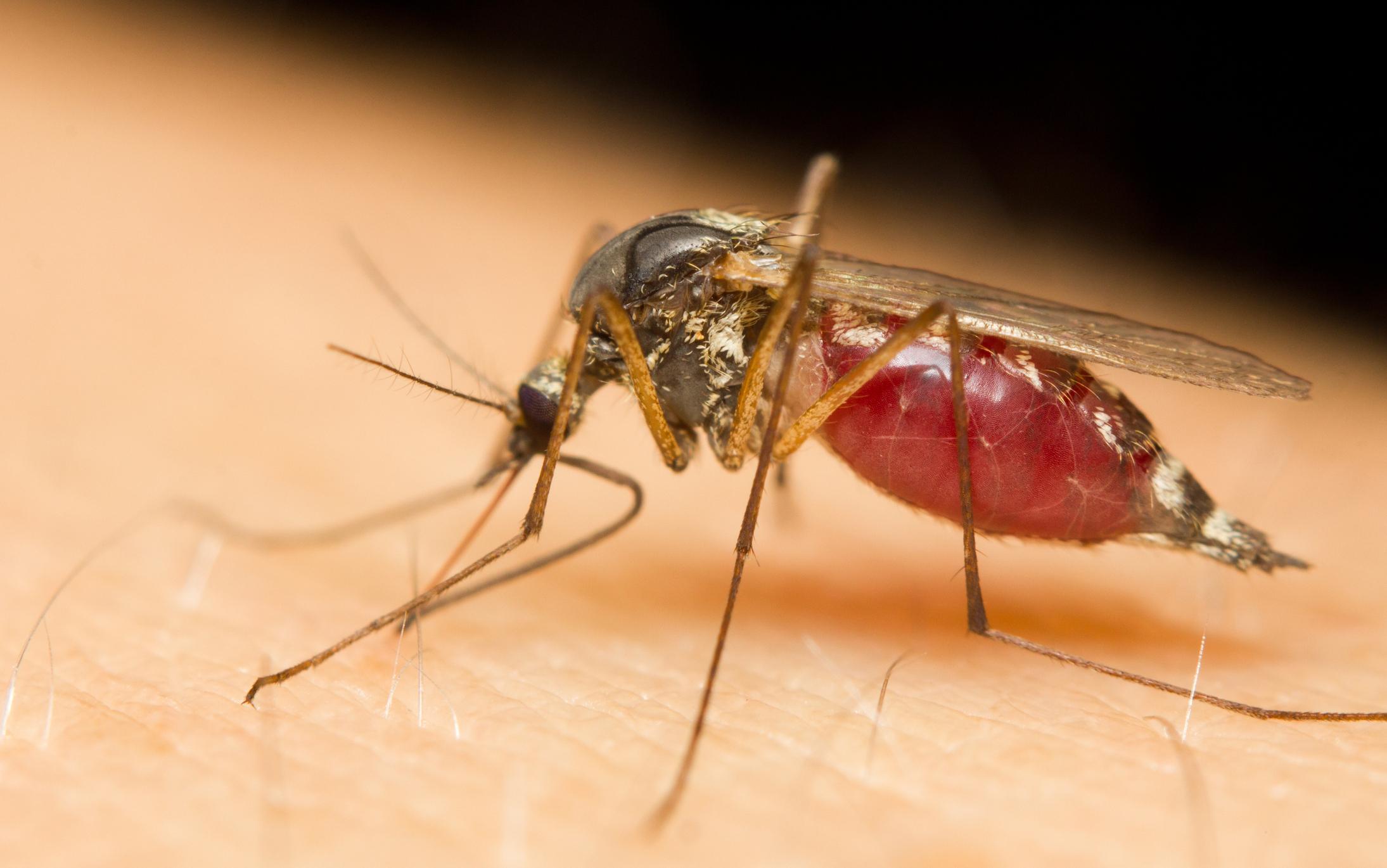
- On Instagram, Yannick Noah announced to be affected, a second time, by malaria.
- The singer developed this infectious disease on his return from French Polynesia.
- Nearly 247 million cases of malaria have been recorded worldwide, according to the World Health Organization (WHO).
In a story published on Thursday March 16, 2023 on Instagram, singer Yannick Noah announced sad news: he was again hospitalized for an attack of malaria. Back from his vacation in Polynesia, the interpreter of “Saga Africa” shared a photo where we see him bedridden and on a drip. “Nice malaria crisis to celebrate the return”he quipped in the caption.
The vital prognosis of Yannick Noah is not engaged
During a trip to Cameroon in June 2022, Yannick Noah had already been affected by malaria. Following this second infection, the former tennis player suffered from vomiting, headaches and a high fever, but his vital prognosis is not engaged.
The singer also reassured his fans in a new Instagram post published on Saturday March 18, where he shared the latest photos from his trip to Tahiti. “Go one last share for the weekend even if I’m still in my Parisian bed treating my malaria. It’s much better! Thank you for all your messages. Fortunately my head and my heart are still in Tahiti. What a trip! We We’ll be back soon! What beautiful precious moments spent with all of you friends! Next time, avoid coming to the airport to say goodbye to us, it will avoid tears. We love you. See you soon!”, he wrote.
See this post on Instagram
Malaria: preventive treatments to fight its spread
According the World Health Organization (WHO)247 million cases of malaria were recorded worldwide in 2021. This infectious disease is transmitted to humans by the bite of a female mosquito, of the genus Anopheles. However, human-to-human contamination is possible, in particular by transplacental route or by blood transfusion.
Malaria usually begins with a high fever 8 to 30 days after the mosquito bite. This manifestation may be associated with headache, muscle pain, vomiting, diarrhea and cough. “Typical cycles alternating fever, tremors with cold sweats and intense sweating, can then occur: this is the ‘malarial attack'”noted the Institut Pasteur on its platform.
There is no vaccine to prevent the risk of malaria, but preventive treatments can be recommended when a patient is planning a trip to an area affected by this infectious pathology. When traveling, it is also important to protect yourself from mosquitoes by wearing long, loose clothing, applying mosquito repellent to the body and using mosquito nets.






